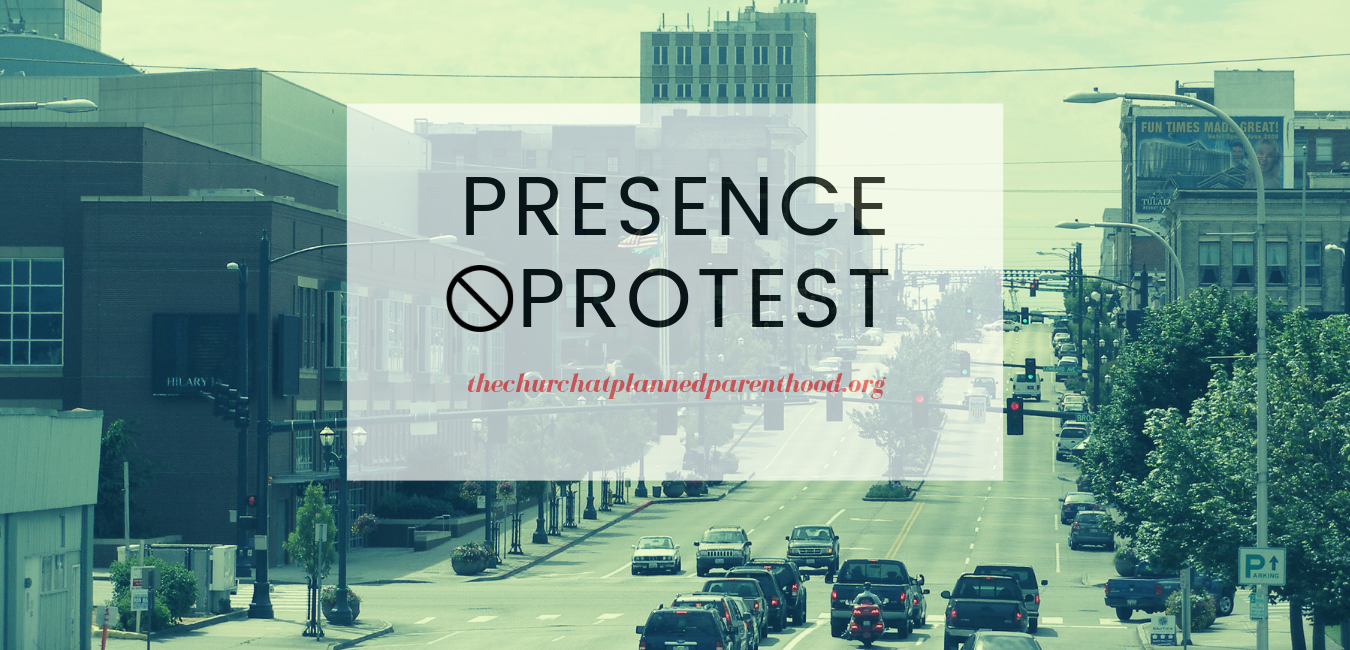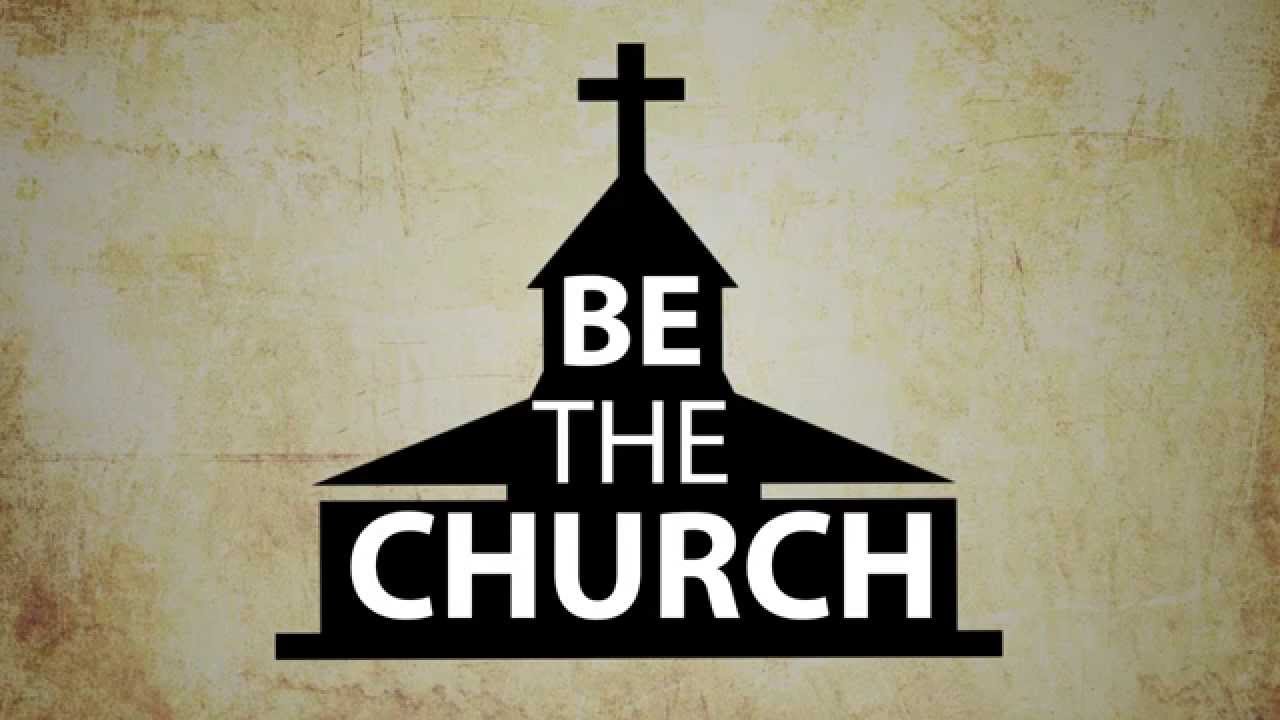Each year, the lead pastors, of the Acts 29 Network, gather together for a time of rest and reflection. This year, we gathered  in Newport, CA. With all the new leadership changes in Acts 29, this year’s retreat served as an important time of realignment. My hope is that that, over the next year, Acts 29 will become more faithful and more certain of what it is, and what it is not. I don’t say that like a high school kid who complains their school “spirit” sucks as they fail to recognize, they are the school. I say that knowing that I am Acts 29. So hope for more, without my own commitment to participate (or get out of the way), is both foolish and dishonest.
in Newport, CA. With all the new leadership changes in Acts 29, this year’s retreat served as an important time of realignment. My hope is that that, over the next year, Acts 29 will become more faithful and more certain of what it is, and what it is not. I don’t say that like a high school kid who complains their school “spirit” sucks as they fail to recognize, they are the school. I say that knowing that I am Acts 29. So hope for more, without my own commitment to participate (or get out of the way), is both foolish and dishonest.
So, below is a list of several different things that moved me over this past week. They are personal very personal to me, though they will probably find their clearest expression in my role as a pastor at Damascus Road Church (that is why I use the plural pronoun “we). They are all important and somewhat incomplete in their explanations. They are not in any particular order of importance:
- Bold Faith: We need to have a deep conviction of the gospel—that it is really all about faith, love, and hope in Jesus. This requires us to remember where our motivation, means, and model for living come from. It requires us to be people who unapologetically and joyfully pursue faithfulness not fruitfulness. We need to be gospel-centered examples.
- Bold Preaching: We need to preach the gospel explicitly. This requires a clear explanation of the life, death, and resurrection of Jesus in each sermon; more than just an addendum at the end of the sermon. This also requires we remember there are nonbelievers among us. This kind of explicit repetitive preaching will remind our brothers and sisters of their non-believing friends. We need Spirit-filled preaching
- Bold Evangelism: We need to have stories of success and failure in sharing God’s Word. This requires that we believe that he power to change a heart lies with God’s Word. This also requires us to be reaching out to our friends, neighbors, and co-workers in a more bold way—then sharing it. We need to share the gospel more personally.
- Bold Hospitality: We need to actively fellowship with our church family. But we must also make a renewed effort to invite others in to enjoy our family—especially neighbors and non-believers. This requires developing a commitment to the inconvenience/discomfort of hospitality and encouraging others to do the same. We need to invite new people into our homes.
- Bold Risk: We need to be the lead encouragers of gospel-risk taking. We need to take gospel risks individually and corporately.
- Bold Celebration: We need to share the stories of grace that have occurred within our own church. This requires making both performing baptisms and sharing testimonies more frequent. It also requires that we celebrate the successes of other churches experiencing God’s grace–especially the ones we perceive doing “better” than us. We need to be less critical in private and more celebratory in public.
- Bold Prayer: We need to pester God to accomplish his sovereign will because he has willed us to ask him to remember his covenant; we need to ask the Spirit to move mightily in our city, to believe that he has done it before, he can do it again, and that he wants to in our city; we need to do this now until he answers us now. We need to pray for BIGGER things than just the sermon being received well.
- Bold Participation: We need to fully participate in whatever ministries we are connected with. If we do not possess the time or relational capacity, then we need to be connected with fewer ministries. We need to be all in in whatever we’re in.
- Bold Leadership: We need to be a voice of change, not just complain, and a voice of vision, not just passive indifference, for whatever networks we are involved in—specifically Acts 29 and 3Strand. This will require more sacrifice of time, money, and resources. We need to lead the leaders.




